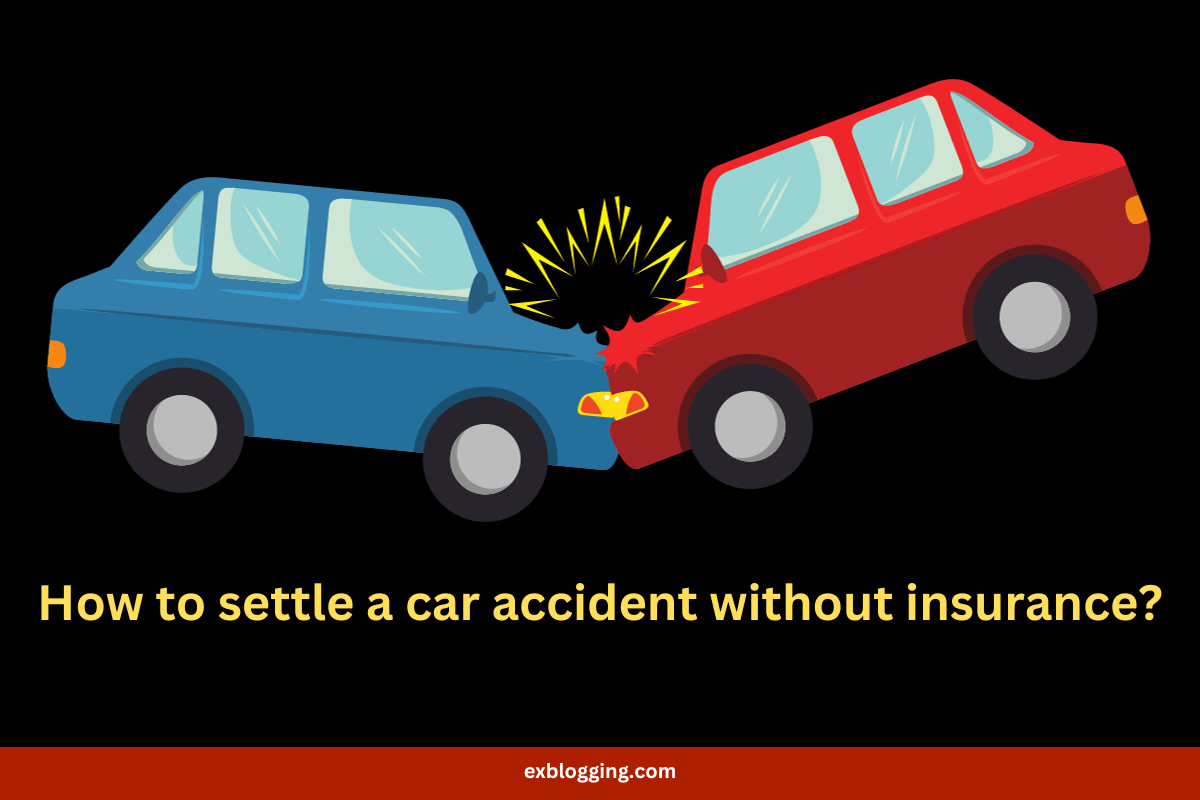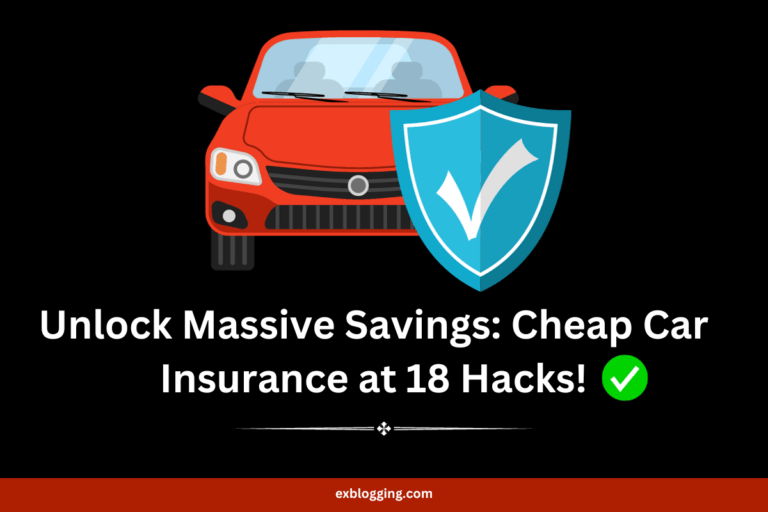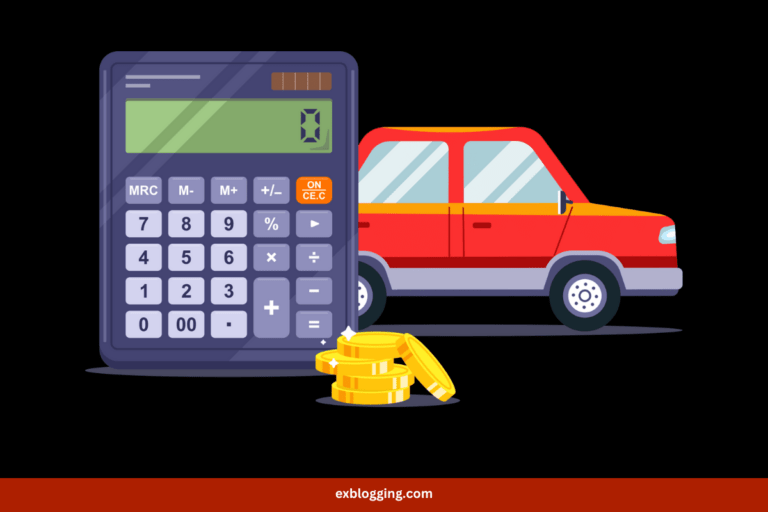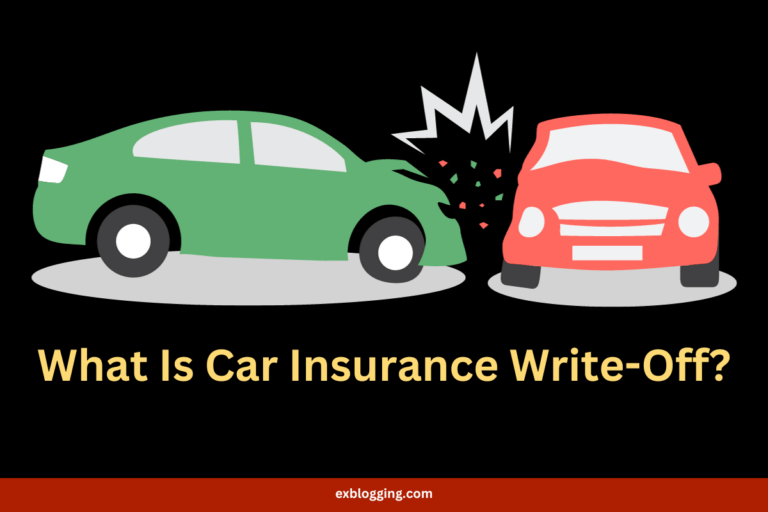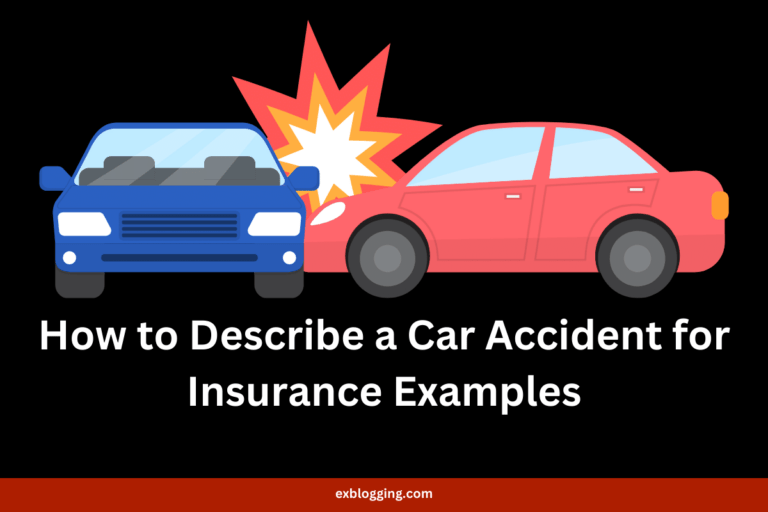How to Settle a Car Accident Without Insurance?
Embarking on a private settlement for your insurance claim involves a series of crucial steps. Firstly, it’s important to recognize that you have the option to abstain from officially filing a claim following an accident. This route is often favored by at-fault drivers seeking an alternative resolution. However, if you find yourself pondering how to settle a car accident without insurance, additional precautions become imperative.
Before committing to a private settlement, take the necessary steps, such as obtaining repair estimates from multiple mechanics. This ensures a thorough assessment of damages and guarantees fairness in the proposed settlement. By adhering to these considerations, including the specific query about settling without insurance, you can confidently navigate the process, making well-informed decisions tailored to your specific circumstances.
Navigating Minor Car Damages: Insurance or Pocket Repair?

If your car has a small scratch or a minor fender bender, it’s quite a hassle. Imagine rear-ending someone at a slow speed, resulting in just a tiny bump or a situation where both cars end up with scratched paint. The question arises: is it worth going through the process of claiming minor damages through your car insurance?
Consider this: can you fix your car without involving insurance and pay for the minor damages yourself? While skipping insurance might seem like a good idea to avoid potential future rate hikes, there are factors to ponder. Even if you can manage the repair costs out of your pocket, there might be valid reasons to inform your insurance company.
In the realm of auto insurance decisions, the suitability of settling a car accident without involving insurance depends on various factors.
Is Skipping Insurance After a Car Accident a Smart Move?
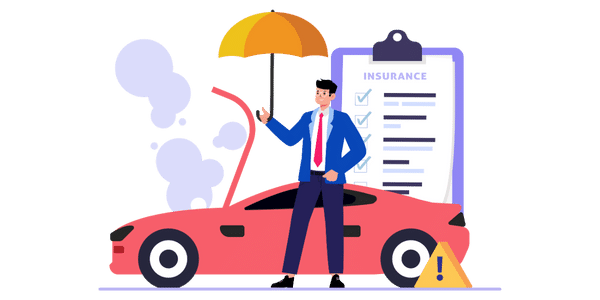
- In general, it’s not advisable to settle a car accident privately without involving your insurer or seeking legal advice. The only situation where a private settlement might be reasonable is when the damages are minor, and there’s no risk of future injury claims.
- At-fault drivers, especially if they lack proper insurance coverage, often opt for private settlements to avoid potential rate increases. They may prefer this route to avoid notifying their insurance company, as their rates can go up if someone else hits their car. If you’re at fault and have a history of multiple accidents in a short period, a private settlement may be a strategy to avoid higher insurance premiums.
- If you’re not at fault, exercising caution before accepting a private settlement is crucial. The full extent of damage or injuries may not be immediately apparent, and a private settlement might not adequately compensate for your losses.
- Even if you choose a private settlement, it’s essential to inform your insurance company about the accident. You can report the collision without officially filing a claim, and you have the option to cancel a claim after filing it. Keep in mind that insurance companies often keep records of all reports filed by you.
Navigating a Car Accident Settlement without Insurance: A Step-by-Step Guide
Handling a Solo Accident: Settling Without Insurance Made Simple
The simplest scenario for settling without insurance is a single-party accident, such as colliding with a tree or a fence. When you’re the only one involved and at fault, you have the choice to file a claim or cover the repairs out of pocket.
However, if your accident involves another vehicle, and you opt for a non-insurance route to repair your vehicle, here’s a step-by-step guide to follow.
Damage Documentation:
- The extent of the damage is thoroughly documented by taking detailed photos from various angles, encompassing signs, signals, and surrounding landmarks.
Police Report Acquisition:
- Requirements for a police report are understood, particularly in cases involving property damage. The specific reporting threshold applicable in your state is familiarized.
Repair Estimates Gathering:
- Control over repair costs is taken by obtaining estimates from multiple mechanics, covering all vehicles involved in the collision. Costs are evaluated to determine if filing a claim is the most prudent choice.
Communication and Settlement Recording:
- A meticulous record of all communication, including conversations and payment receipts, is maintained. If a settlement is agreed upon, a bank transfer is utilized for transparency. When finalizing the settlement, a legally binding document is drafted, and the other driver’s signature is secured.
Frequently Asked Questions:
Is it illegal to settle a car accident privately
The settlement offer you are willing to accept, along with the reasons, should be stated. The position outlined in the initial demand letter can be reiterated. Guidance from your attorney can be sought on whether to maintain the amount specified in the initial demand letter or propose a counteroffer.
What is the time frame for filing a claim after an accident?
Three Years
The limitation period for personal injury claims, including road traffic accident claims, is three years as stipulated in Section 11 of the Limitation Act 1980 (LA 1980).
What happens if a settlement is refused by the insurance company?
If time requirements are not adhered to by your insurance company and tactics are employed to evade settlement, you may have valid legal grounds to file a bad faith insurance lawsuit. The original settlement amount with added interest and penalties may be awarded.
How should a settlement offer be responded to?
The settlement offer you are willing to accept, along with the reasons, should be stated. The position outlined in the initial demand letter can be reiterated. Guidance from your attorney can be sought on whether to maintain the amount specified in the initial demand letter or propose a counteroffer.
What is a private settlement for car accident USA?
The opportunity for flexible terms is provided by a private settlement, surpassing the constraints of the insurance claims process. There may be concerns about potential increases in insurance rates, even when not at fault, by reporting the accident.
What is a private settlement?
A private settlement agreement refers to an agreement made among the parties that is not subject to judicial enforcement, except for the reinstatement of the civil proceeding that the agreement resolved.
Are settlement agreements private?
Typically, a settlement agreement’s confidentiality clause mandates that the injured party, the plaintiff, refrains from disclosing the agreement’s details or the settlement amount to anyone, unless compelled by law.
